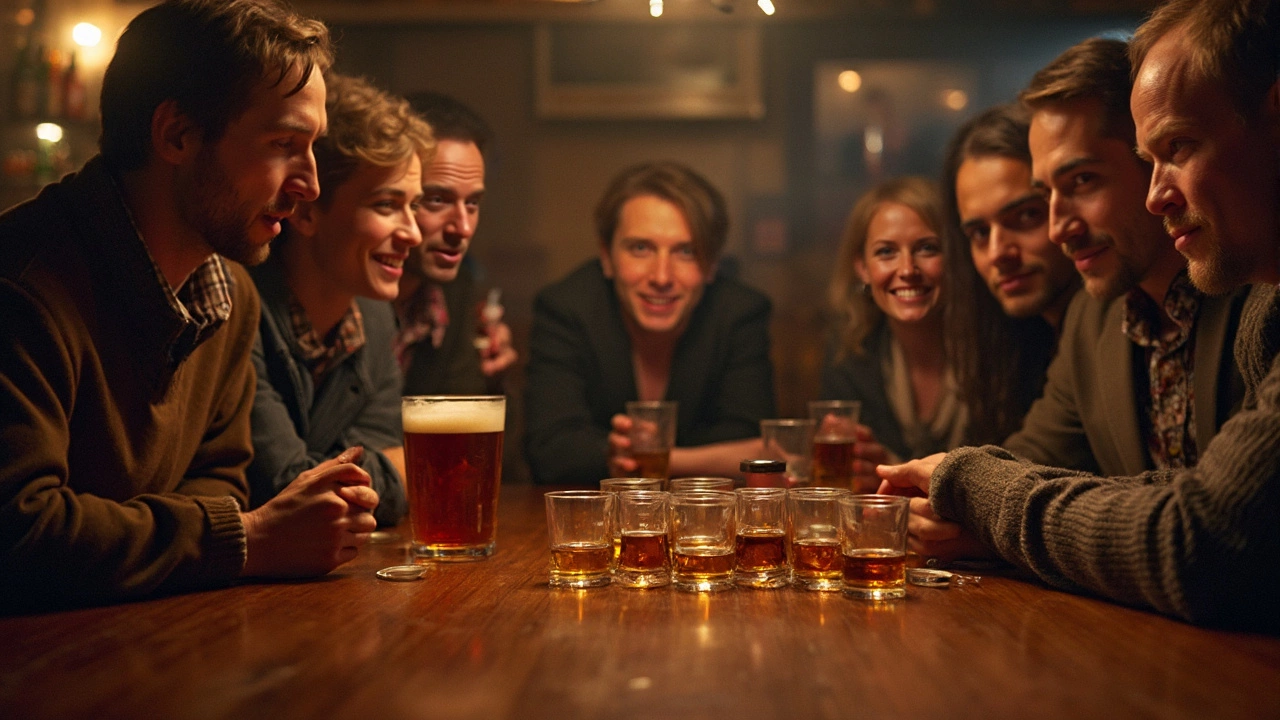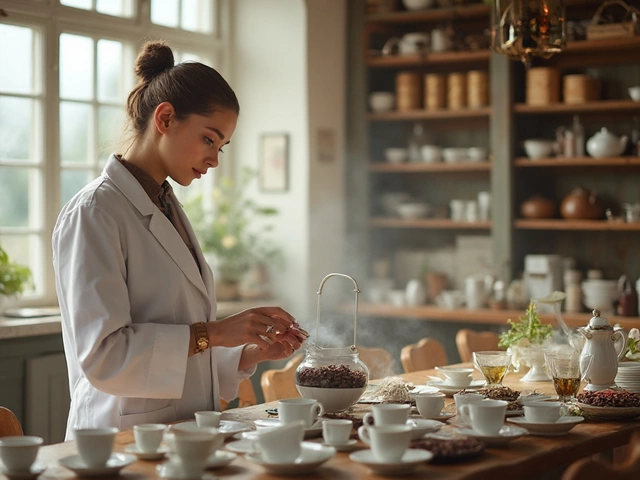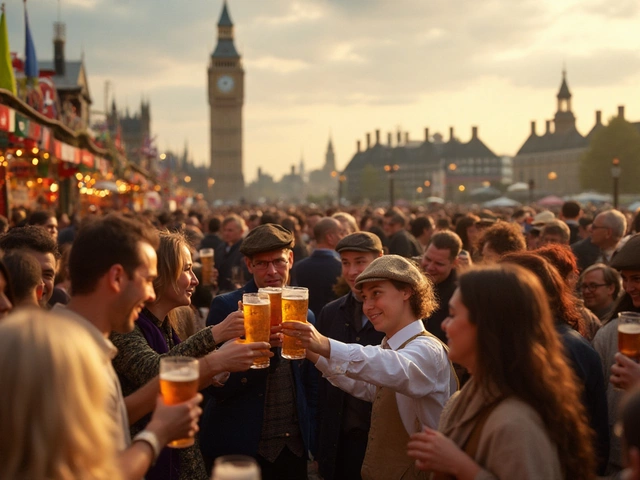Alcohol Effects – What Happens When You Drink and How to Stay Safe
Ever wonder why a glass of wine makes you feel relaxed, then a bit dizzy? Alcohol is a drug that hits several parts of your body at once. It slows brain activity, relaxes muscles, and changes how you see and hear things. Knowing what’s going on helps you decide how much to drink and when to stop.
Right after you take a sip, alcohol travels down your throat into the bloodstream. Within minutes you’ll feel a warm buzz as your blood‑alcohol level starts to rise. That buzz comes from alcohol depressing the central nervous system, which reduces anxiety and can make you more talkative.
Short‑Term Effects You Can Notice
In the first hour, most people notice a light‑headed feeling, a slight loss of coordination, and a lowered inhibition. Your reaction time slows, so driving or operating heavy machinery becomes risky. You might also feel your heart beat faster and get a flushed face because blood vessels widen.
When you keep drinking, the effects intensify. You could experience blurry vision, slurred speech, and trouble walking straight. Memory gaps are common – that’s why people sometimes can’t recall parts of a night out. These short‑term signs are warnings that your body is reaching its limit.
Long‑Term Risks and How to Cut Them
Regular drinking can add up. Over months or years, alcohol can damage the liver, raise blood pressure, and increase the chance of certain cancers. It also messes with your sleep, leaving you tired even after a full night in bed.
The good news is you can lower those risks with simple habits. Stick to recommended limits – no more than 14 units a week for men and women, spread over several days. Take drink‑free days each week to give your body a break. Eating food before or while you drink slows alcohol absorption, keeping your blood‑alcohol level steadier.
If you’re curious about how alcohol affects you personally, try a breathalyzer after a few drinks. Seeing the numbers can be eye‑opening and help you gauge when to stop. Remember, everyone metabolizes alcohol differently, so what’s “one drink” for a friend might feel stronger for you.When you’re out with friends, plan ahead. Designate a driver, use a rideshare app, or stay nearby if you’ve had a few glasses. Keeping water handy is another trick – sip water between alcoholic drinks to stay hydrated and lower overall intake.
Feeling the after‑effects the next morning? Hydration, a good breakfast, and a little rest usually clear things up. If you notice persistent headaches, mood swings, or trouble sleeping, it might be time to cut back and talk to a professional.
Bottom line: Alcohol can be enjoyable, but it’s a powerful substance that changes how your body works. By watching the signs, respecting limits, and prepping smartly, you can have fun without paying a heavy price later.
Are spirits really the way to get drunk the fastest, or is there more to the story? This article breaks down how high-proof alcohol actually works in your body, how it's different from beer and wine, and what really changes your level of drunkenness. You'll also get a few tips on handling tastings without going overboard. Expect straight talk, honest answers, and some surprising facts.
View DetailsGetting drunk on whiskey just hits differently than beer or vodka, and it’s not all in your head. This article breaks down how whiskey affects you, why the buzz feels unique, and what actually happens when you sip, shoot, or savor it. You’ll pick up cool facts on the science behind whiskey’s effects, tips to handle the experience, and some things even regular drinkers get wrong. Perfect if you want to actually understand (and maybe improve) your next whiskey night.
View Details


